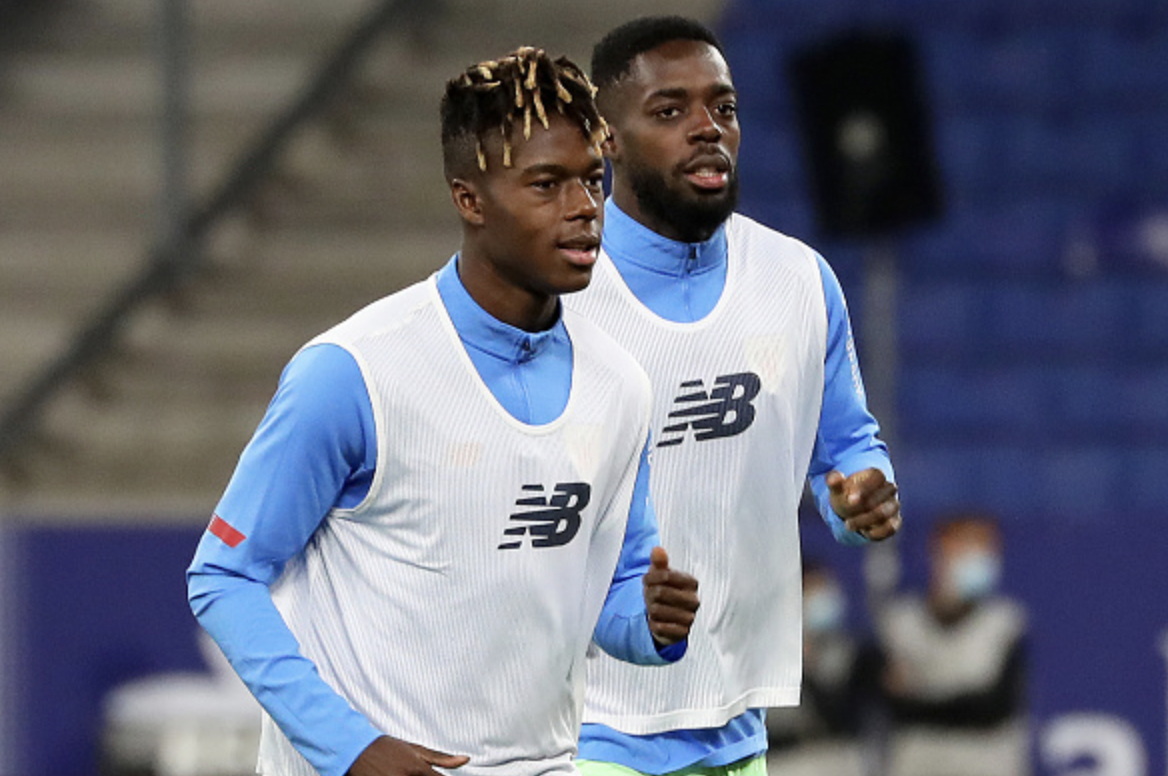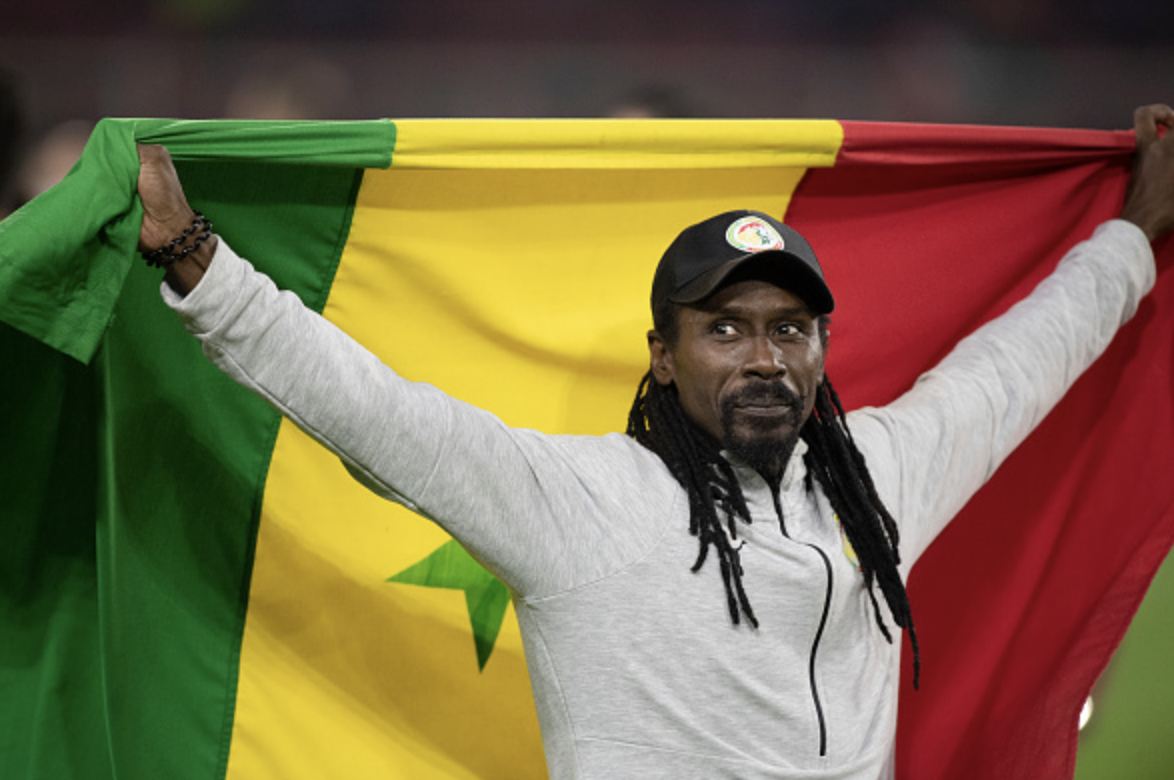September 17, 2022
The brief from today:
Athletic Bilbao’s two siblings
Athletic Bilbao hosted Rayo Vallecano today in round 6 of La Liga, and the home team didn’t disappoint their supporters. Bilbao raced to a 3-1 lead in the first 33 minutes, before Falcao got a consolation goal for Rayo in the 80th minute making the final score 3-2. There was quite a narrative behind who got two of the three Bilbao goals, with the Williams brothers each getting one. Older brother, Inaki, opened the scoring in the 14th minute before younger brother, Nico, got the final goal for the hosts just after the half hour. This isn’t the only interesting storyline that transpired this week about the two brothers, as national team call ups for both of them provided added intrigue. Inaki announced in July that he had made the decision to represent his parents’ home nation, Ghana, at senior level rather than try to build on his one appearance made for Spain. This move was made following the long term courting of him by the Ghana football association in anticipation of the upcoming World Cup in Qatar. Worried about the 20-year-old Nico following the same path, Spain announced their squad for the international break next week, and sure enough the younger sibling was called up for the first time. Prior to this squad announcement, Nico had only represented Spain at U18 and U21 level, and considering how convincing Ghana’s FA was with his brother, Spain didn’t want to take any risks. As of now, while they both share the pitch as teammates for Bilbao, if their form continues to impress, then they could both be at the World Cup in two months, but for different countries.
Nico Williams (left) and Inaki Williams (right) are on diverging paths at the national team level
Cisse and Eto’o take strong AFCON stance
The Africa Cup of Nations (AFCON) tournament, which takes place every two years, is the continent’s marquee competition that pits the various nations against each other. Unlike the other continental tournaments around the world, however, AFCON takes place in January and February each designated year. The reason for the avoidance of the summer is due to the rainy season that takes place throughout Africa from June through September. The inclement weather makes scheduling the event during the summer far too difficult, and trying to force it into that window simply to suit the European club season has been complex. There have been constant complaints made by coaches, and administrators, of the clubs in Europe some of these players represent, saying they shouldn’t be leaving for one month midseason. The Confederation of African Football (CAF) recently tried to appease the complaining parties by scheduling the 2023 AFCON in Ivory Coast during the summer, but that quickly got adjusted to take place in January 2024 for the same reasons as previous years. Senegal’s 2021 AFCON winning coach, Aliou Cisse, recently voiced his discontent with these comments originating in Europe. The former Senegal captain simply stated recently that international football should always take precedence over club football, and there was no justification to rearrange the standard AFCON schedule. Now Samuel Eto’o, the president of Cameroon’s football association, has also agreed with Cisse on the matter. Eto’o who had a successful career playing for Cameroon and winning two AFCON titles, drew a comparison with the World Cup in Qatar this winter. His point was that if accommodations can be made by clubs for the 2022 World Cup, then AFCON should be no exception. It’s a positive thing to witness two influential figures in African football choosing to be vocal and advocate for football on continent.
Senegal coach, Aliou Cisse, has pushed back against the clamor to reschedule the AFCON dates



